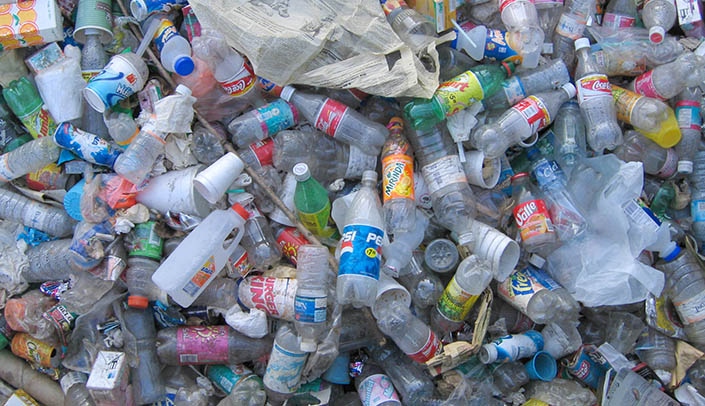You’ve likely heard the stories in the news — China stopped accepting much of the world’s materials for recycling. This has sent shockwaves through the recycling market, prompting fears of recyclables being thrown in the trash.
This has prompted a lot of you to ask questions about the value of recycling, what this means for waste and the environment, and whether or not it’s even worth your time.
Here’s what you need to know:
Don’t forget that recycling is really the last option. If you are buying something with the idea that “it’s OK, I can recycle it,” you may need to adjust your thinking. Instead of the 3 Rs (reduce, reuse, recycle — but still, notice the order), there are now 8 Rs:
- Rethink — the choices you make;
- Refuse – single-use plastics;
- Reduce – consumption;
- Reuse — everything you can;
- Refurbish — old items instead of buying new;
- Repair — before you replace;
- Repurpose — items that you don’t need; and
- Recycle — when you can’t do any of the items above.
Following these steps helps reduce all kinds of waste, including pollution from extracting new materials out of the ground, emissions from transportation and manufacturing, and the resources used to dispose of items.
While this applies to all materials, plastic gets more attention and for good reason. It produces a lot of pollution in the manufacturing process, never breaks down, recycles inefficiently and, worst of all, is exposing all of us to toxins that are threatening human health at a global scale. Plastic may have its place, but there are also lots of healthier alternatives. Making these changes are good for you and your family’s health by reducing your exposure, and items pre-packaged in plastic are often the less healthy option. Think an apple vs. a bag of potato chips.
When all else fails, recycle. It still helps. But recycle right, and whatever you do, don’t wish-cycle. It’s easy to hope they’ll find a way for those items, but you are really just putting recyclable items at risk for the landfill. Glass and some metals are recycled regionally, and they can come back as the same product again and again.
What changes can you make to reduce your waste and get rid of some plastic? LiveGreen wants to know and share them with others, so they can make the same choice. Please leave a comment below or email LiveGreen@unmc.edu with a change you’ve made.
